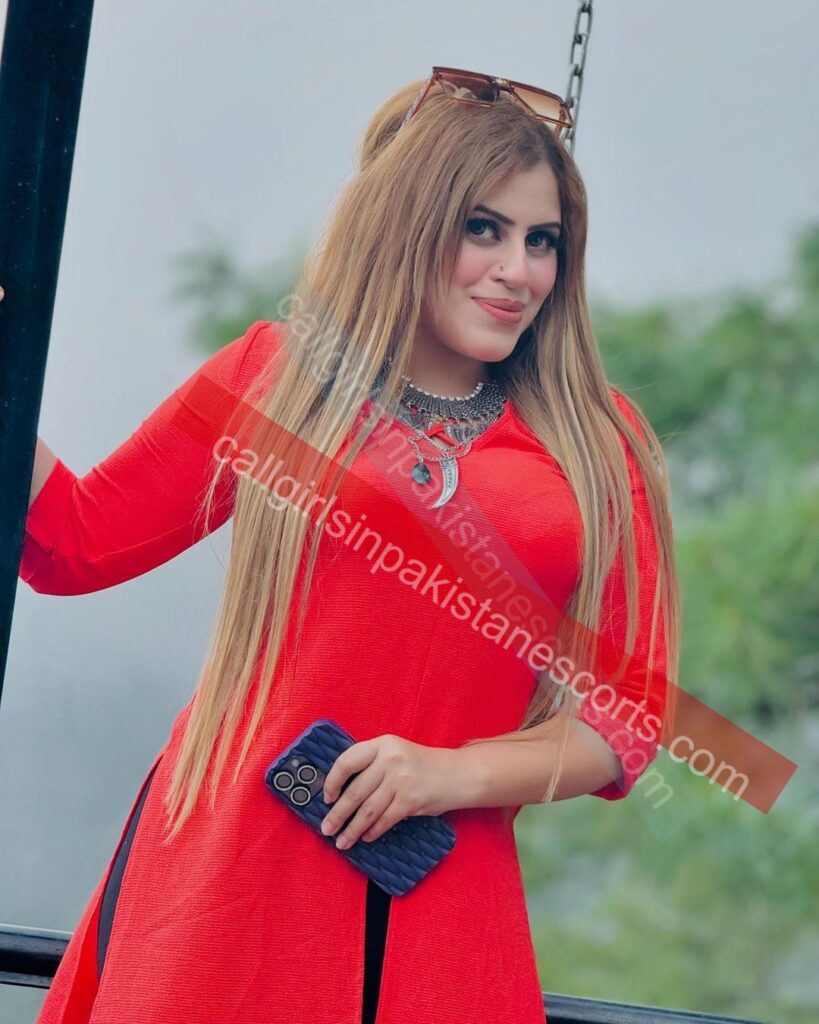Quetta Escorts Quetta, the capital city of Balochistan, Pakistan, has increasingly become a focal point for discussions surrounding urban amenities, economic growth, and social practices. Among the myriad topics of conversation, the presence of call girls or escort services in upscale hotels such as the Reliance Hotel has drawn significant attention. This phenomenon reflects a confluence of socio-economic factors, cultural attitudes, and local dynamics.
The Urban Landscape of Quetta
Hot Call Girl In Quetta is marked by its strategic location as a hub within the region, serving as a crossroads for commerce and culture. The hospitality industry has flourished, providing services to a range of clientele, including business travelers, government officials, and tourists. The Reliance Hotel, known for its modern amenities and prime location, caters to both domestic and international visitors. However, with its rise in popularity, there has emerged a deeper, often hidden layer to its operations.
The Nature of Escort Services
The term “call girl” commonly refers to women offering companionship and intimate services in exchange for financial compensation. These individuals often operate through advertisements, word of mouth, or informal networks, positioning themselves in high-demand areas, such as hotels where transient populations may seek privacy and discretion.
In Quetta, the escorting business often reflects broader societal issues, including economic necessity, gender dynamics, and social stigma. Many women who engage in this work may come from challenging backgrounds, seeking financial independence or supporting their families. The decision to enter such professions often involves weighing limited economic opportunities against the risks associated with societal judgment and legal implications.
Societal Implications
The presence of call girls in hotels like Reliance raises important questions about morality, legality, and women’s agency in Pakistan. The legal framework surrounding prostitution is complex and often stigmatized, resulting in a gray area for those involved. While the act of selling sex is illegal in Pakistan, enforcement varies, and many women operate in the shadows, often vulnerable to exploitation without adequate legal protection.
This situation creates a paradox; while some individuals may view the services offered as a form of empowerment and choice, others argue it perpetuates harmful stereotypes and further marginalizes women. This calls for a nuanced understanding of the challenges faced by these individuals, including issues of safety, autonomy, and societal acceptance.
Economic Drivers
The economic motivations behind escort services cannot be overlooked. Quetta’s burgeoning economy, spurred by a mix of local initiatives and regional projects such as the China-Pakistan Economic Corridor (CPEC), has increased the influx of wealth into the area. This economic growth brings with it demand for various services, including those that cater to personal and social needs.
For many women in Quetta, engaging in escort services may seem like a viable option amidst limited job prospects, especially for those with limited education or skills. This economic reality creates a complex interplay between desperation, opportunity, and the quest for survival.
Cultural Context
Culturally, the acceptance and perception of escort services vary widely within Pakistani society. Traditional values often clash with modern attitudes, leading to conflicting opinions on the morality of such services. In urban centers like Quetta, where tradition and modernity coexist, these services may be both condemned and sought after, highlighting the dilemmas surrounding personal freedoms and societal norms.






